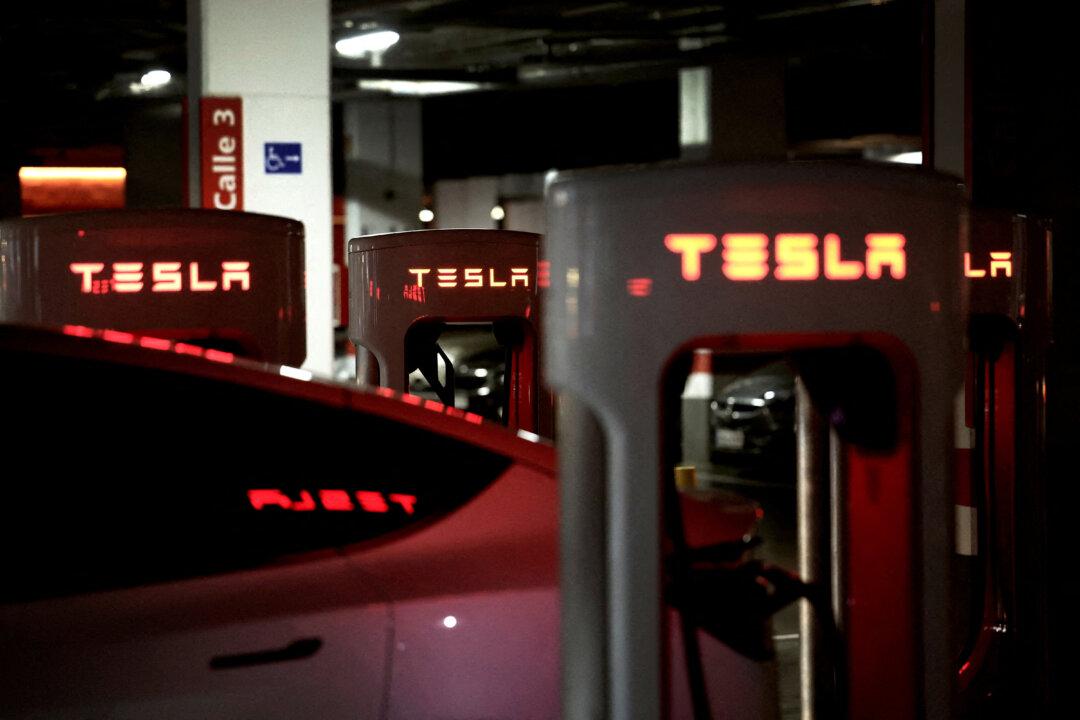The Federal Bureau of Investigation (FBI) is investigating an incident that severely damaged a Tesla Supercharger station in Washington state, the latest in a growing wave of vandalism and targeted attacks against the electric vehicle brand.
The affected station, located in Lacey, a suburb of Olympia, was temporarily shut down in the early morning of April 8 following what local police described as “malicious mischief.” According to the Lacey Police Department, officers responded to the scene after receiving “multiple calls reporting a loud noise.”





